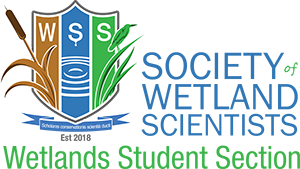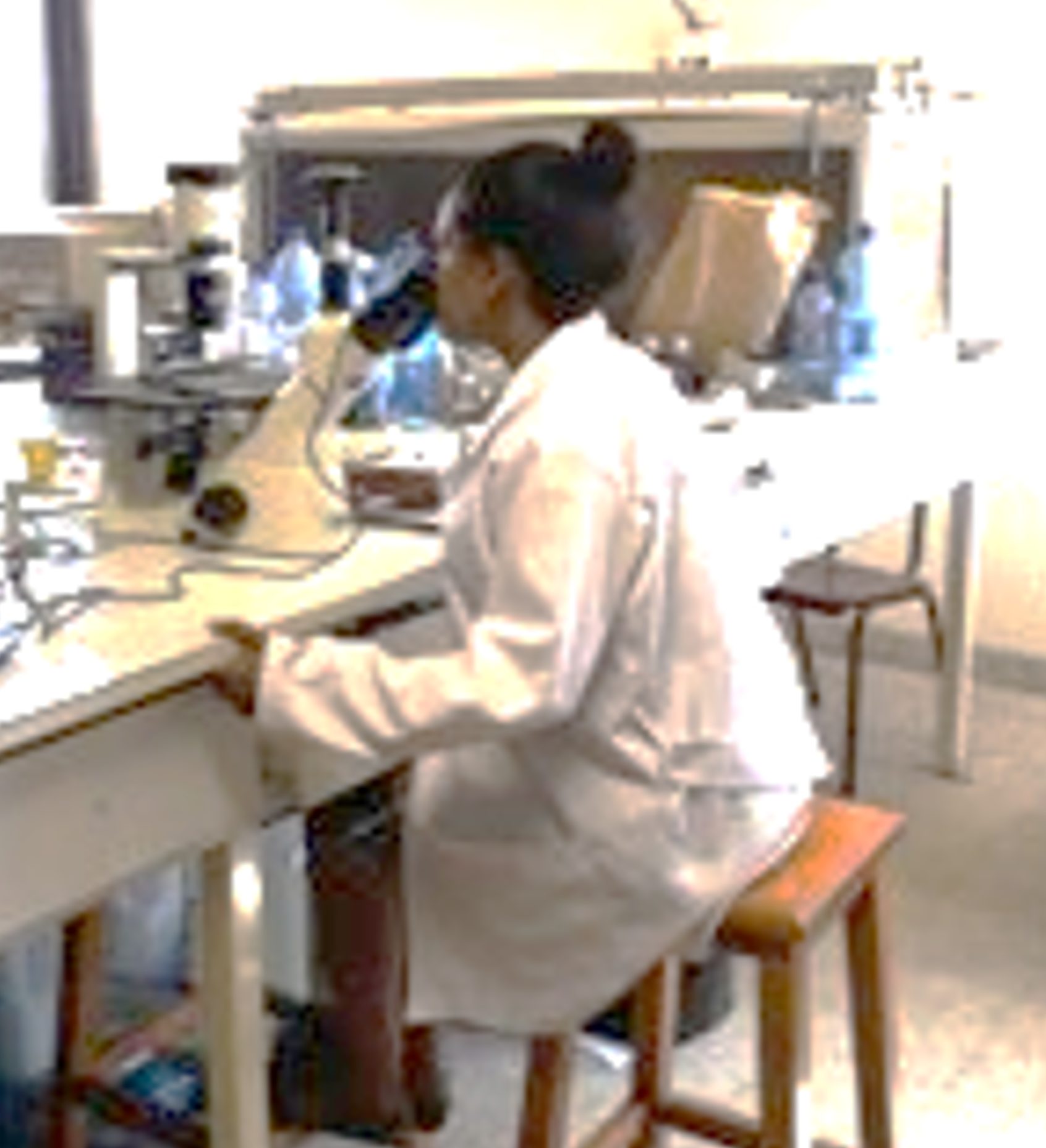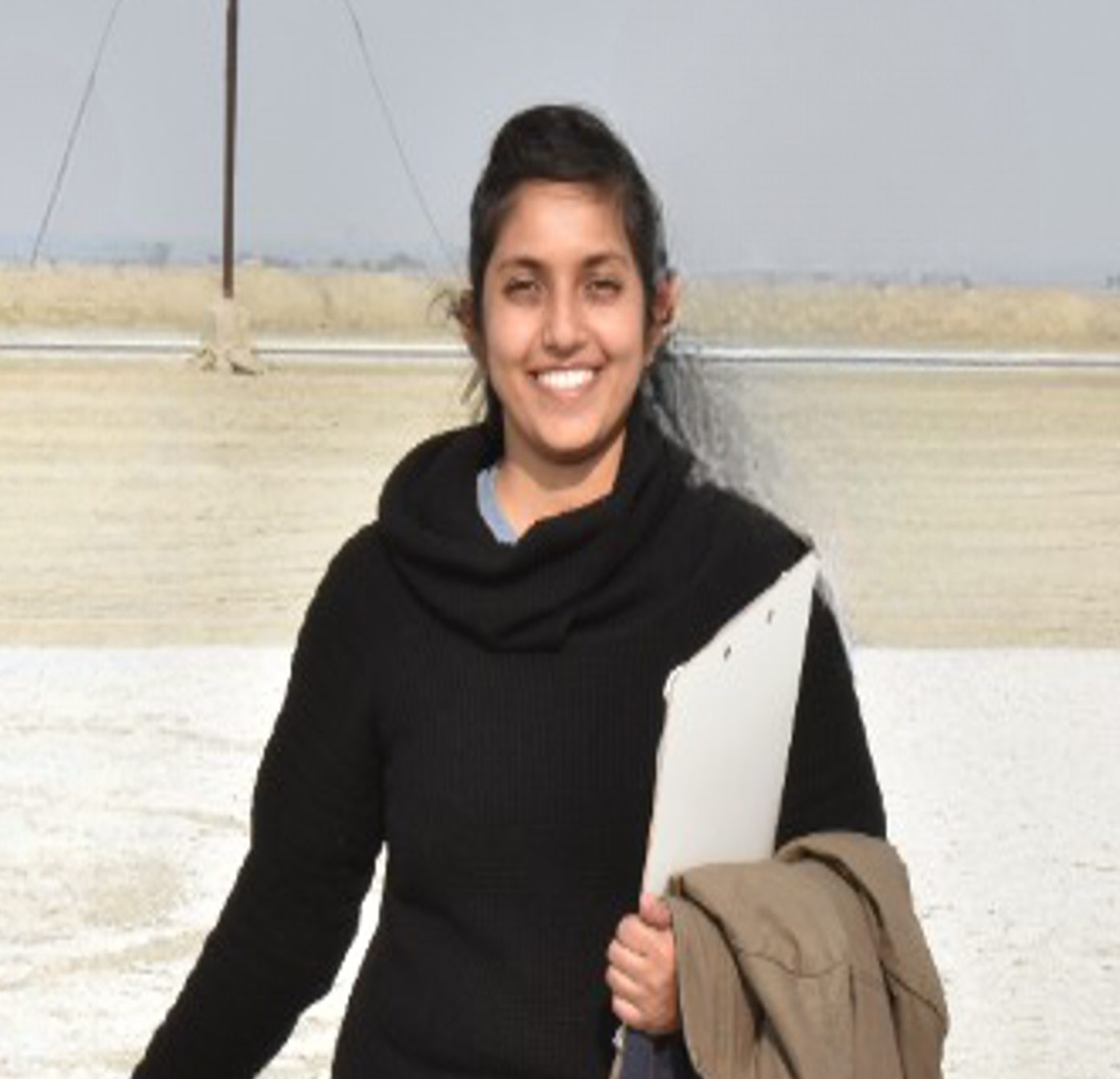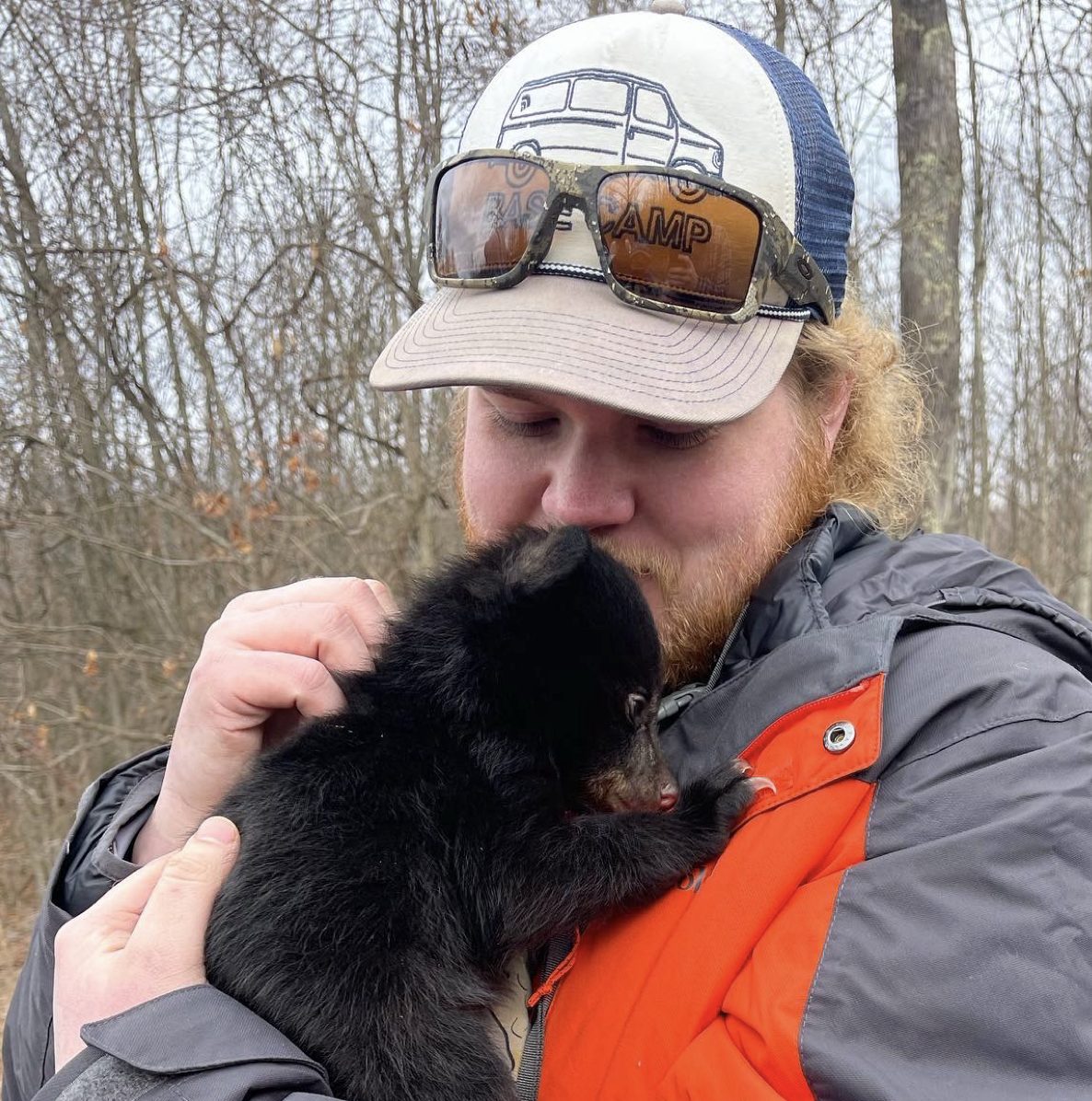Our section's leadership consists of a team of dedicated students working to promote wetland science inclusion and equity for students of all ages and for the general public.
Steffanie Munguia

As Immediate Past Chair, Steffanie has worked to develop the student section since its formation. She is particularly interested in increasing opportunities for students to participate in a leadership capacity, especially students of color and other historically minoritized groups in the society. She also hopes the student section will become a home for students in the society, and a resource for members to locate and benefit from internships, education, and career opportunities in wetland-related fields.
Deja Newton
Anthony Mirabito
Chair-Elect
Anthony is currently a PhD candidate studying carbon stability in coastal wetlands in the Aquatic Biogeochemistry Lab at the University of Central Florida.
Abrehet Kahsay
Membership Chair
Dr. Kahsay holds a PhD in wetland ecology from the Vrije Universiteit Brussel in Belgium, which she received in 2023. She is currently a Postdoctoral Fellow at the Leibniz-Institute of Freshwater Ecology and Inland Fisheries in Germany.
Rajashree Naik
Communications Chair
Dr. Naik is an Assistant Professor at Vellore Institute of Technology-Andhra Pradesh (VIT-AP) University, India. Her research focuses on saline lacustrine wetlands.
Andrew Mackenzie
Education Committee Chair
Andrew is a M.S. Candidate studying Wildlife and Fisheries Resources at West Virginia University, where he is also Chapter Advisor of Ducks Unlimited Mountaineer Chapter.
Clay Tucker
Clay hopes to help the SWS foster an environment that is open and inclusive to new and current student associations. He believes that action at annual SWS meetings, social media coordination, and simple association goals can attract new students to SWS and create an environment that is helpful to young scientists.






